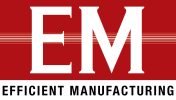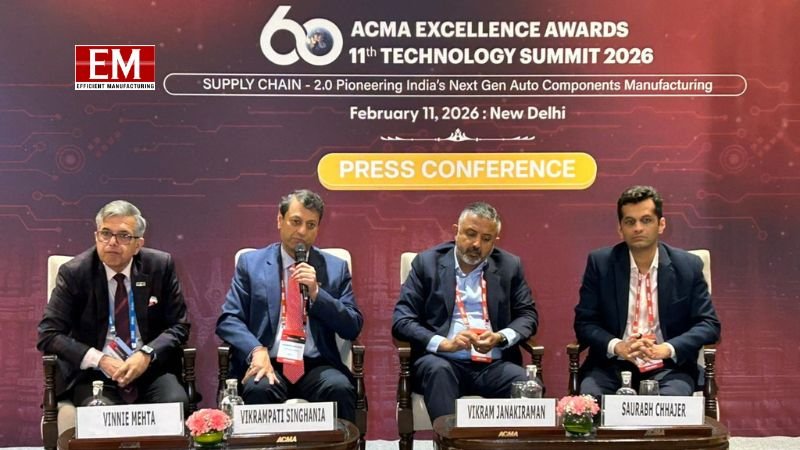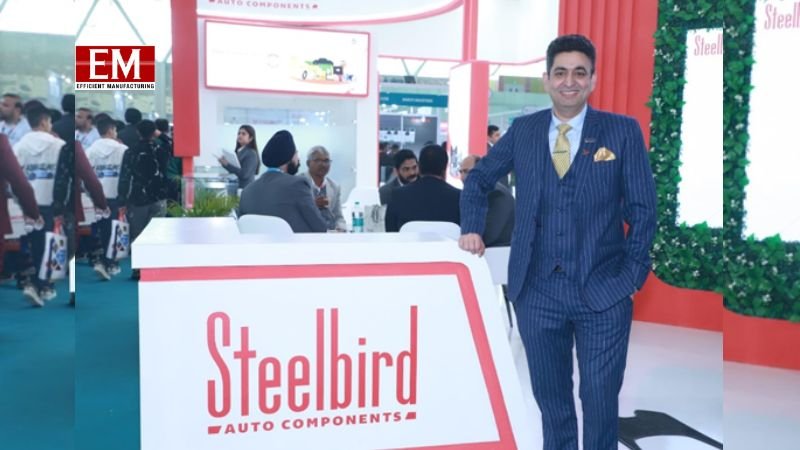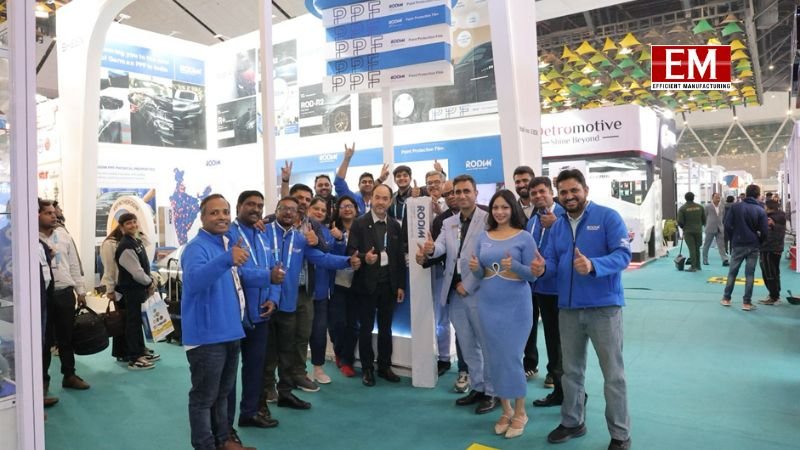Eastman Impex, with a diverse portfolio spanning formwork, auto components, hand tools, fencing, and fasteners, has built its growth on sustainability, innovation, and quality. In this exclusive interaction with Kaushal Dighavkar, Gaurav Singal, CEO of Eastman Impex, shares insights on the company’s responsible practices, evolving product strategies, and global expansion priorities.
Q. How does Eastman Impex integrate sustainability practices across its businesses and measure their impact?
At Eastman Impex, sustainability is integral, starting from responsible material sourcing across our divisions (Formwork, hand tools, auto-parts) and efficient manufacturing in Ludhiana, to minimising waste and conserving energy. We partner with suppliers who meet environmental standards, and track emissions, water usage, and energy per unit.
Q. What role does innovation play in your product portfolio, and how do you adapt to evolving market needs?
Innovation is foundational at Eastman Impex. Across our group companies, including Formwork, auto components and hand tools, we continuously introduce design improvements and material advancements to deliver stronger, lighter, safer, and more cost-efficient products. We also diversify via new product lines and engineering solutions to ensure our portfolio adapts swiftly and stays competitive in demanding global markets.
Q. How do you ensure consistent quality and reliability across your wide supplier and export network?
Quality and reliability are pillars of Eastman Impex’s reputation. We maintain strict supplier qualification protocols, including audits, material testing, and certifications. Internally, our processes enforce standard operating procedures, in-house inspections, and statistical process control across all divisions (Formwork, hand tools, and auto). Every batch destined for export undergoes a final inspection that aligns with international norms. Our export logistics chain is closely monitored to protect products in transit. These combined measures guarantee that, whether in India or overseas, our clients receive products that meet our high standards without deviation.
Q. What are your key growth priorities for the coming years, and what challenges do you foresee?
Our priorities include expanding global reach and adding more value-added engineering. Our key growth priorities for the coming years include expanding our global reach, adding more value-added engineering offerings, and strengthening our group’s product diversity across formwork, forgings, auto, tools, fencing, and fasteners. We also plan to invest in capacity enhancement, automation, and testing infrastructure while deepening customer engagement internationally. Specifically, our priorities include expansion in minimum framework solutions and tapping alternative markets such as South America and Saudi Arabia, which hold significant potential for growth. At the same time, we recognise the challenges ahead. Intensifying competition has led to price pressures, while global trade dynamics such as tariffs in the USA pose uncertainties. Additionally, geographical complexities remain a factor we must navigate carefully.












